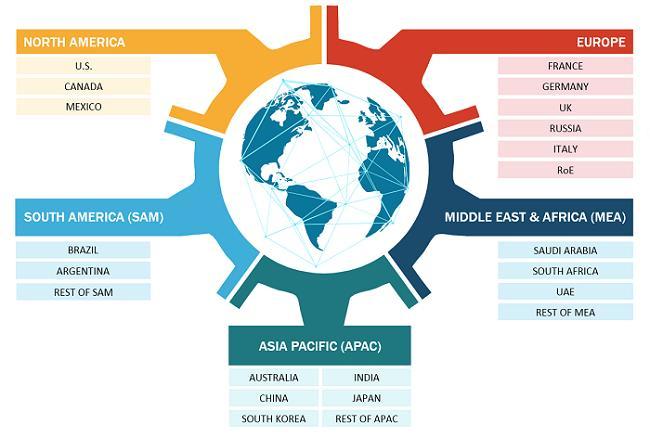How Divorce in Pakistan Is Managed Under Family Law Regulations

Divorce process in Pakistan with legal framework and requirements
The divorce process in Pakistan is a legally structured procedure that ensures both parties are given a fair chance to resolve disputes before separation is finalized. Governed by the Divorce law in Pakistan, the system recognizes the rights of both husband and wife while balancing cultural, social, and religious aspects. A divorce in Pakistan can occur through Talaq (husband’s right) or Khula (wife’s right through court). In both cases, documentation, reconciliation attempts, and legal notices play a key role. Knowing the procedure of divorce in Pakistan helps spouses avoid delays and ensures that the divorce is recognized legally in Pakistan as well as internationally.
Procedure of divorce in Pakistan and reconciliation efforts
The procedure of divorce in Pakistan begins when the husband pronounces Talaq and submits a written notice to the concerned Union Council or Arbitration Council. After receiving the notice, the council sends intimation to the wife and starts a reconciliation period of 90 days. During this time, the couple is encouraged to resolve issues through dialogue. If reconciliation fails, the divorce becomes effective after the period ends, and a divorce certificate is issued. For Khula cases initiated by the wife, the family court must hear both parties before granting dissolution. These legal steps ensure that the divorce in Pakistan is handled fairly and in compliance with the law.
Key steps involved in divorce procedure in Pakistan
The divorce procedure in Pakistan involves a few important steps that must be followed carefully:
-
A written Talaq notice must be sent to the Union Council.
-
The council issues a notice to the wife within 7 days.
-
A reconciliation committee is formed to mediate.
-
If reconciliation fails within 90 days, divorce becomes valid.
-
A divorce certificate is issued as proof of separation.
In cases of Khula, the wife files a suit in family court, and if granted, the decree is shared with the Union Council for record. These steps make the procedure of divorce in Pakistan transparent and legally recognized.
Divorce procedure for overseas Pakistani and legal representation
The divorce procedure for overseas Pakistanis follows similar principles but requires additional legal arrangements. Overseas Pakistanis can issue a Talaq through their embassy or consulate, which is then verified and sent to the relevant Union Council in Pakistan. Alternatively, they may appoint a power of attorney or lawyer in Pakistan to handle the case. Important points for overseas divorce include:
-
The divorce notice must be attested by the embassy or consulate.
-
The Union Council in Pakistan still conducts reconciliation proceedings.
-
Lawyers can represent overseas spouses in both Talaq and Khula cases.
This ensures that the divorce in Pakistan is legally binding and internationally recognized for overseas citizens.
Divorce fee in Pakistan and factors that affect overall cost
The divorce fee in Pakistan is not fixed and may vary depending on the city, the complexity of the case, and the lawyer’s expertise. Generally, costs include legal documentation, Union Council charges, and lawyer’s professional fee. For Khula cases, the cost may be higher as court representation is necessary. Overseas Pakistanis may also need to bear additional charges for power of attorney, embassy attestation, and courier services. Understanding the divorce fee in Pakistan beforehand helps spouses plan financially and ensures smooth handling of their case without unnecessary delays.
Divorce law in Pakistan and rights of both husband and wife
The Divorce law in Pakistan provides legal protections to both husband and wife. It safeguards women’s rights by ensuring they receive timely notices and an opportunity for reconciliation. For men, it outlines the legal method of pronouncing Talaq and recording it officially. Additionally, child custody, maintenance, and property settlement issues are decided under family law provisions. The divorce in Pakistan system ensures that no party is left without legal remedies, and it provides mechanisms to avoid unlawful or undocumented separations. This framework makes the divorce procedure in Pakistan credible in both national and international contexts.
Social and legal impact of divorce in Pakistan
Divorce carries social, emotional, and legal consequences in Pakistani society. While the procedure of divorce in Pakistan ensures legal protection, it is also aimed at reducing social stigma by formalizing the process. Child custody is often awarded based on the child’s welfare, while financial responsibilities remain with the father. Women opting for Khula may need to return their dower, depending on the case. Despite cultural sensitivities, the divorce law in Pakistan and Khula procedure in Pakistan ensures fairness and prevents misuse of rights. For overseas Pakistanis, following the correct legal path ensures recognition of the divorce in both Pakistan and the country of residence.
FAQs about divorce process in Pakistan
Q1: What is the basic procedure of divorce in Pakistan?
A: The husband issues a Talaq notice to the Union Council, and after 90 days of reconciliation attempts, the divorce is finalized with a certificate.
Q2: Can a wife initiate divorce in Pakistan?
A: Yes, through Khula in family court. If granted, the court decree is recorded by the Union Council.
Q3: What is the divorce procedure for overseas Pakistanis?
A: Overseas Pakistanis can send Talaq notices via the embassy or appoint a lawyer in Pakistan to represent them.
Q4: How much is the divorce fee in Pakistan?
A: The divorce fee in Pakistan varies depending on lawyer fees, city, and whether it is a Talaq or Khula case.
Q5: Is the divorce law in Pakistan recognized internationally?
A: Yes, as long as the procedure is legally completed and properly documented, it is recognized abroad.








